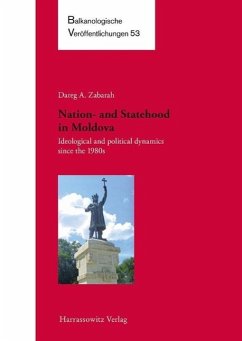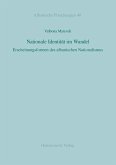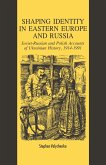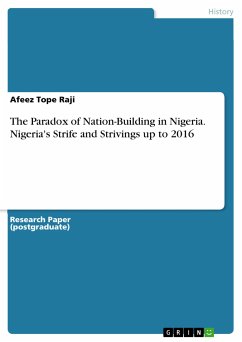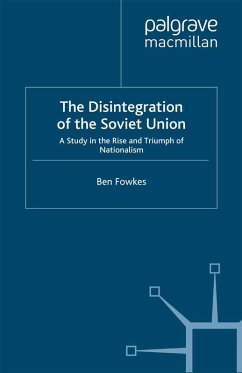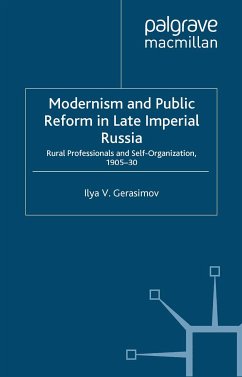After the weakening of the communist ideology in the latter half of the past century, the elites of the Soviet Republics began to play the national card against the centre. The disintegration processes that followed facilitated the creation of national states for the titular nations at a republican level. The most fundamental question underlying these processes was how to structure and define the future relationship between the multiethnic inhabitants in the newly emerging states. This issue was also hotly contested in the Republic of Moldova which experienced a short civil war and two separatist movements in Gagauzia and Pridnestrovie. The discourses on which programmatic idea on nation- and statehood ought to prevail are still disputed. The study by Dareg A. Zabarah examines the dynamics leading to the emergence, ideological shifts, and prevalence of these programmatic ideas. Based on the newest theoretical insights of Discursive Institutionalism, Zabarah develops an analytical model which is applied to the examined case studies on Moldova, Pridnestrovie, and Gagauzia. The study, which contributes to debates on nationalism and New Institutionalism, is equally relevant to political scientists, historians and area specialists.
Dieser Download kann aus rechtlichen Gründen nur mit Rechnungsadresse in A, B, BG, CY, CZ, D, DK, EW, E, FIN, F, GR, HR, H, IRL, I, LT, L, LR, M, NL, PL, P, R, S, SLO, SK ausgeliefert werden.

